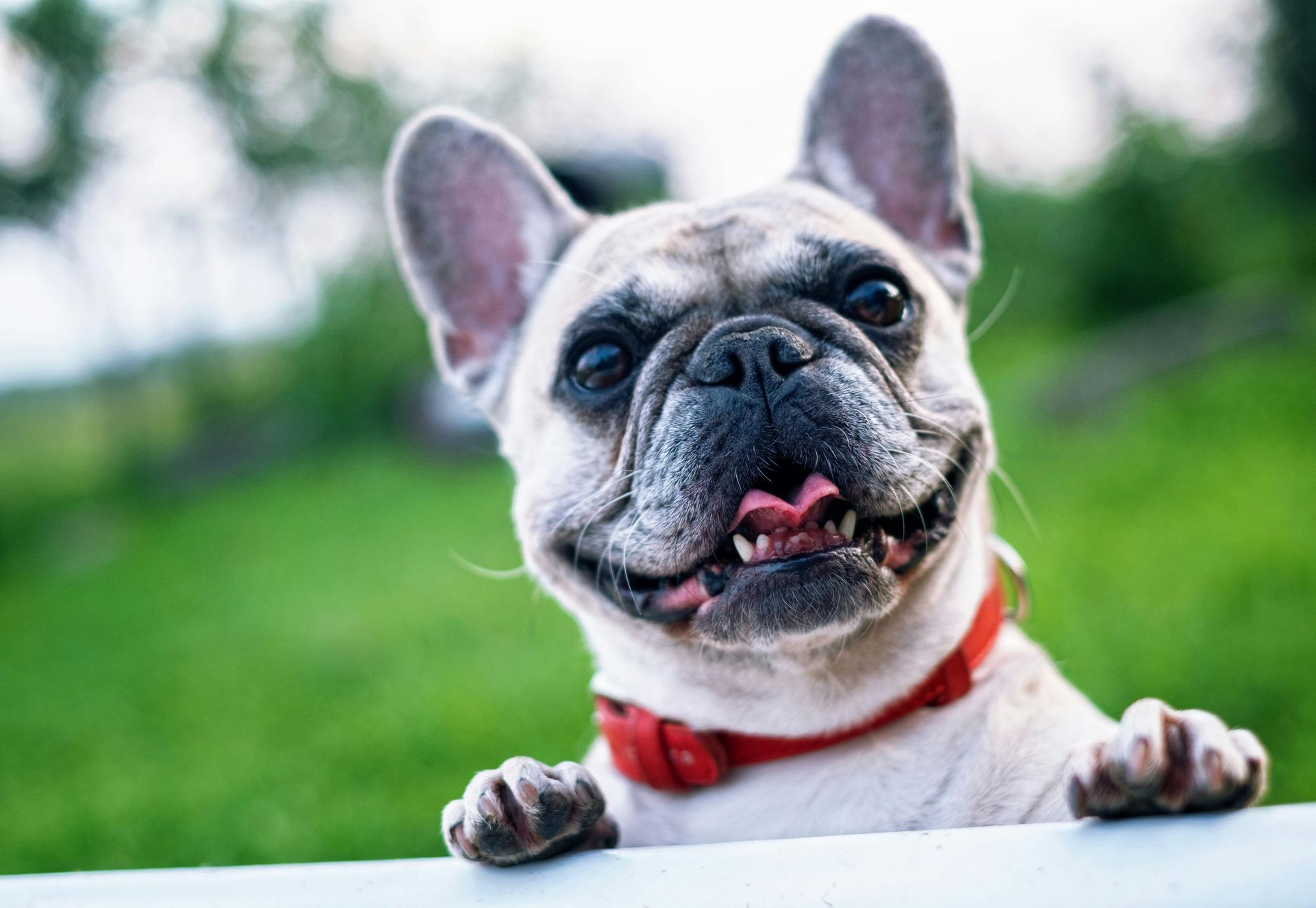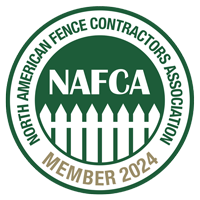The Best Fences for Pet Owners
If you're a pet owner, you know that providing a safe, secure environment for your furry friends is a top priority. Whether you have a playful pup, a curious cat, or a sprightly rabbit, having the right fence can make all the difference in ensuring their safety and happiness. In this guide, we'll walk you through the best fences for pet owners, helping you find the perfect solution for your home.

Why Choosing the Right Fence Matters
Your choice of fencing is crucial for the well-being of your pets. Not only does it protect them from potential hazards, but it also keeps them from wandering off or encountering other animals. A well-chosen fence can prevent accidents and give you peace of mind knowing your pets are safe.
Understanding Your Pet’s Needs
Different pets have different needs. Dogs, for example, may require a taller, more durable fence, while cats might benefit from a fence with vertical extensions to prevent them from climbing out. Understanding your pet's behavior and tendencies is the first step in choosing the right fence.
Types of Fences for Pet Owners
Wooden Fences
Wooden fences are a classic choice for many homeowners. They provide privacy and a solid barrier that can keep most pets contained. However, it's important to choose a wooden fence that is tall enough and has no gaps that your pet could squeeze through. Regular maintenance, like sealing and treating the wood, will ensure its durability.
Vinyl Fences
Vinyl fences are an excellent option for pet owners. They are low-maintenance, durable, and resistant to weather conditions. Vinyl fences typically come in various heights and styles, making it easy to find one that suits your home and pet's needs. Additionally, they are easy to clean, which is a bonus for pets that tend to get messy.
Chain Link Fences
Chain link fences are durable and affordable. They provide visibility, so you can keep an eye on your pets while they play. However, some pets might be able to climb or dig under them, so it's important to consider additional measures like adding panels at the bottom or using a dig-proof barrier.
Invisible Fences
Invisible fences use a combination of buried wires and a collar worn by your pet, which emits a warning signal when they approach the boundary. While this option keeps your yard open and free from physical barriers, it's important to train your pet properly to ensure they understand the boundaries. This type of fence may not be suitable for all pets, especially those with strong prey drives.
Electric Fences
Similar to invisible fences, electric fences use a mild electric shock to deter pets from crossing the boundary. They require careful training and monitoring to ensure your pet's safety. While effective for some, they are not recommended for pets with anxiety or aggressive tendencies.
Factors to Consider When Choosing a Fence
Pet Size and Breed
The size and breed of your pet play a significant role in determining the type of fence you need. Larger breeds may require taller, more robust fences, while smaller pets might need barriers with smaller gaps to prevent escape.
Local Regulations
Before installing a fence, check local regulations and homeowners' association guidelines. Some areas have restrictions on fence height, materials, and placement.
Budget
Cost is an important consideration. Wooden and vinyl fences tend to be more expensive initially but require less maintenance over time. Chain link and invisible fences are more affordable but may require additional measures to ensure they effectively contain your pet.
Aesthetic Appeal
Your fence should complement your home's exterior. Consider the overall look and feel of your property when choosing a fence type. Wooden and vinyl fences offer a range of styles to match your aesthetic preferences.
Maintenance
Different fences require different levels of maintenance. Wooden fences need regular treatments to prevent rot, while vinyl and chain link fences are relatively low-maintenance. Consider how much time and effort you're willing to invest in upkeep.
Enhancing Fence Security
Dig-Proof Barriers
For pets that love to dig, consider installing a dig-proof barrier at the base of your fence. This can be done using wire mesh or concrete footings to prevent your pet from tunneling out.
Climb-Proof Features
If your pet is a climber, add climb-proof features like angled extensions or rollers on top of the fence. These additions make it difficult for pets to get a grip and climb over the fence.
Lockable Gates
Ensure your fence has secure, lockable gates to prevent accidental escapes. Self-closing and self-latching gates provide added security, ensuring your pets stay safely inside.
Training Your Pet
Training is essential, regardless of the type of fence you choose. Teach your pet to respect the boundaries and not to dig or climb over the fence. Positive reinforcement and consistency are key to successful training.
Benefits of a Well-Chosen Fence
A well-chosen fence from Davis Fences in Hamilton offers numerous benefits, including peace of mind, increased property value, and a happier, safer environment for your pets. It allows them to enjoy the outdoors while staying protected, giving you the freedom to relax knowing they are safe.
Choosing the right fence for your pets is not just about containment—it's about creating a safe, enjoyable space for them to thrive. By considering your pet's needs, local regulations, budget, and maintenance requirements, you can find the perfect fence that balances functionality with aesthetic appeal.Ready to find the best fence for your furry friend?
Consult the team at Davis Fences in Hamilton to explore top-rated options and get expert advice tailored to your unique situation. Let's keep your pets safe and happy together!








